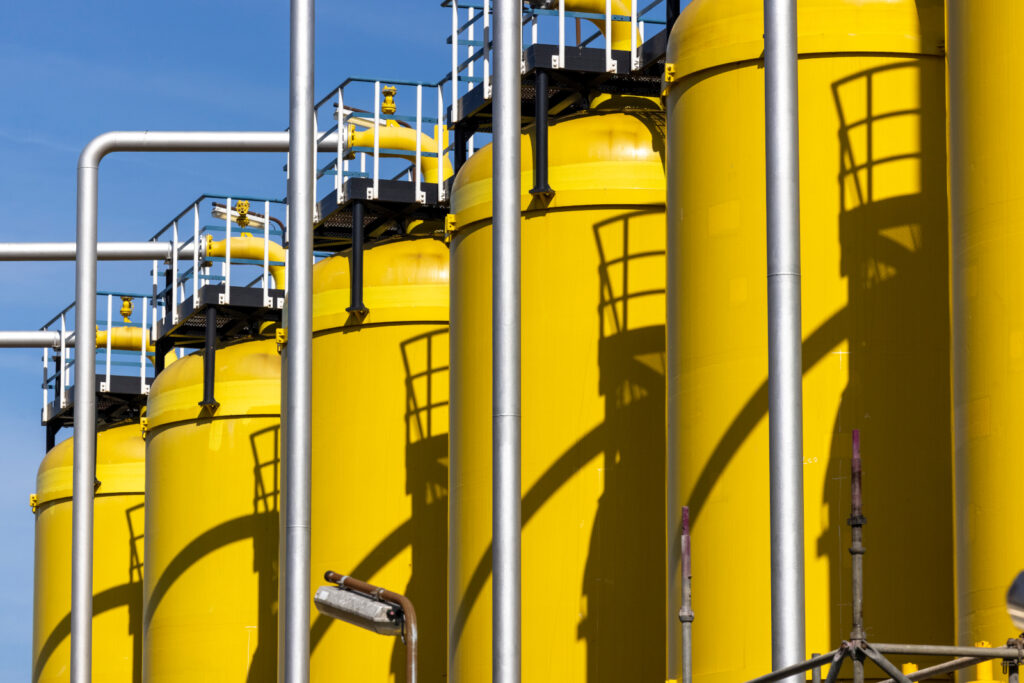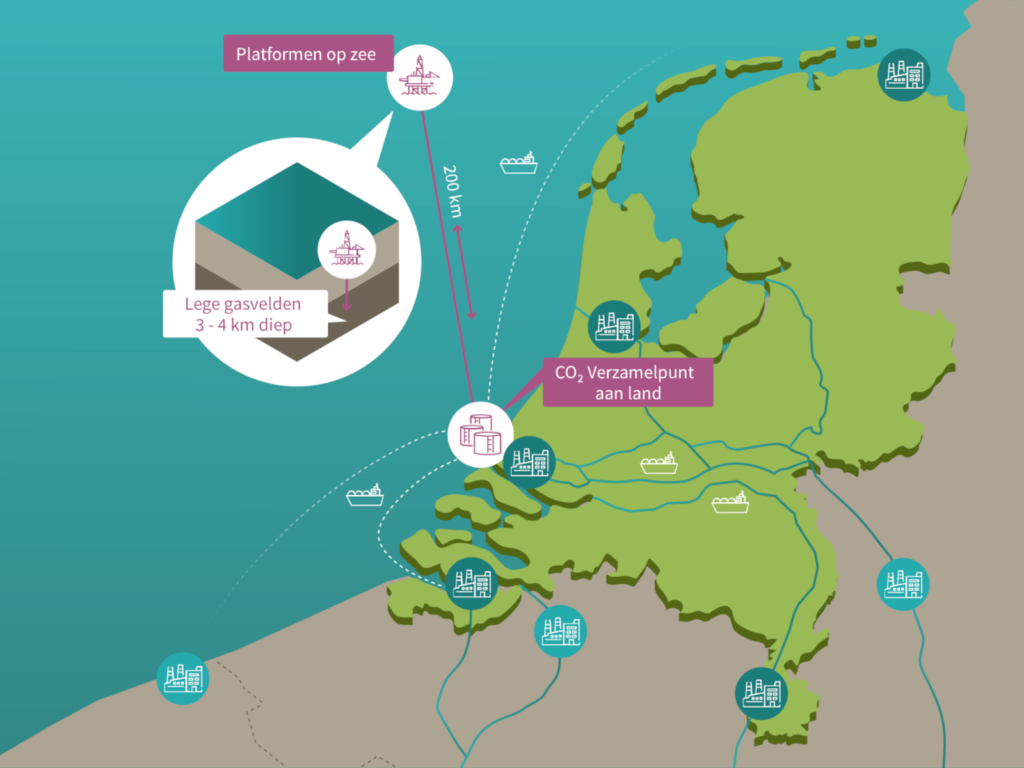By David van Baarle (Petrochem / Industrielinqs)
The chemical and industrial cluster within the North Sea Port region has set ambitious targets to drastically reduce CO₂ emissions in the coming decades. Among the players in this region, Zeeland Refinery stands out—not only for its position as one of the most advanced refineries in the fossil fuel value chain, but also for its bold sustainability ambitions.
“We will continue to need hydrocarbons for the foreseeable future,” says Koen van Leuven, Energy Transition Manager at Zeeland Refinery. “But the difference is that they must increasingly come from biogenic or circular sources. Access to green hydrogen is absolutely essential in achieving that transition.”
Across the Netherlands, all five major chemical clusters are moving toward more sustainable and emission-free operations, each taking its own path depending on regional characteristics and industrial processes. The North Sea Port cluster—spanning Zeeland, West Brabant, and extending into Ghent—has its own unique approach shaped by its geography and industrial base.
Historically, the region’s largest companies—Dow Terneuzen, Yara Sluiskil, and Zeeland Refinery in Vlissingen-Oost—have been heavily reliant on fossil resources. And while this reliance will not disappear overnight, these companies have all committed to meeting the EU’s climate goals for 2030 and 2050. Their strategies are centered around the use of cleaner fossil fuels, the scaling of green hydrogen, and the electrification of industrial processes.

Notably, the collaboration within the Smart Delta Resources (SDR) alliance has already borne fruit. For instance, Dow and Yara are now exchanging hydrogen gas as part of a broader regional integration strategy. But this is just the beginning. The cluster has set its sights on far more ambitious projects in both the short and long term, underscoring its role as a frontrunner in the transition to a more sustainable industrial landscape.

